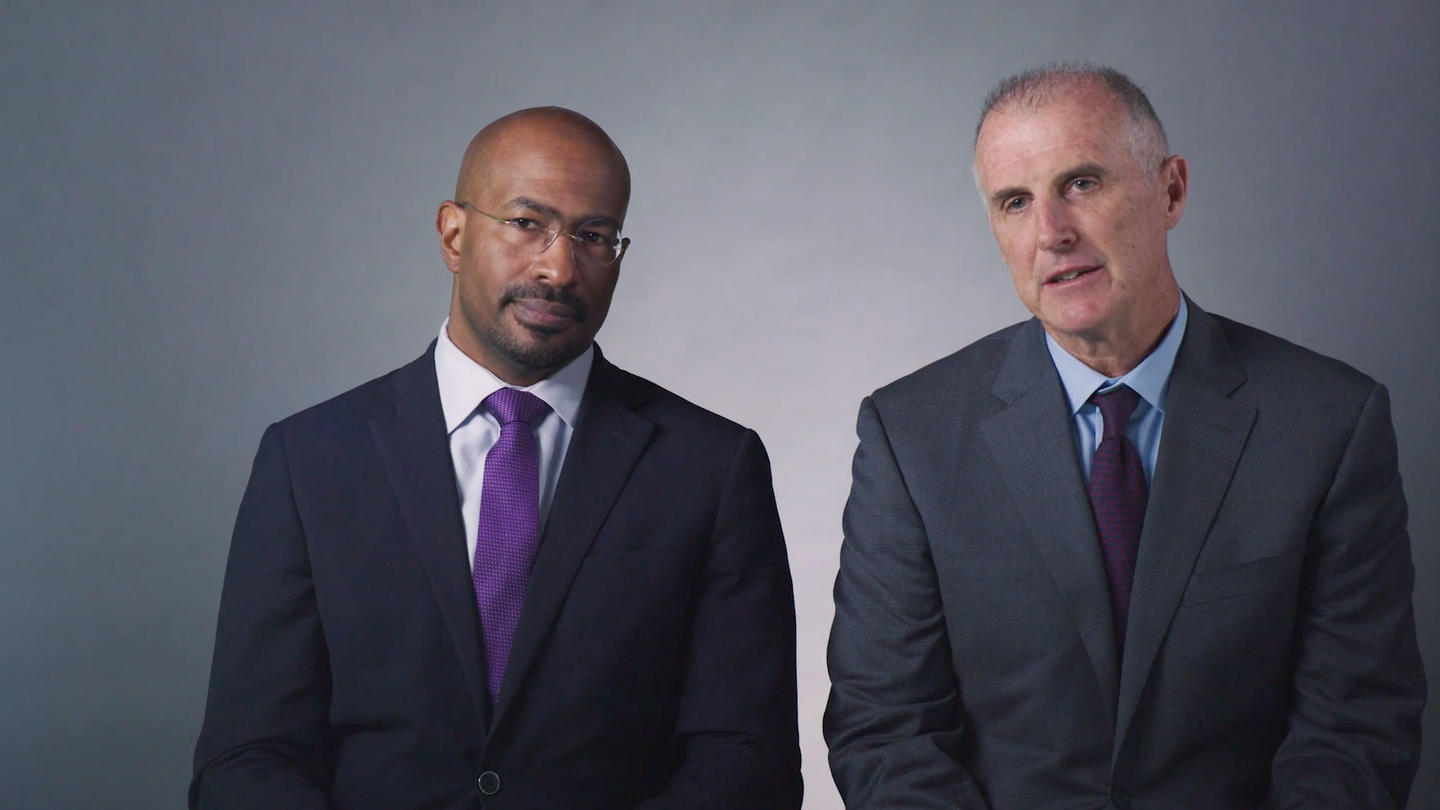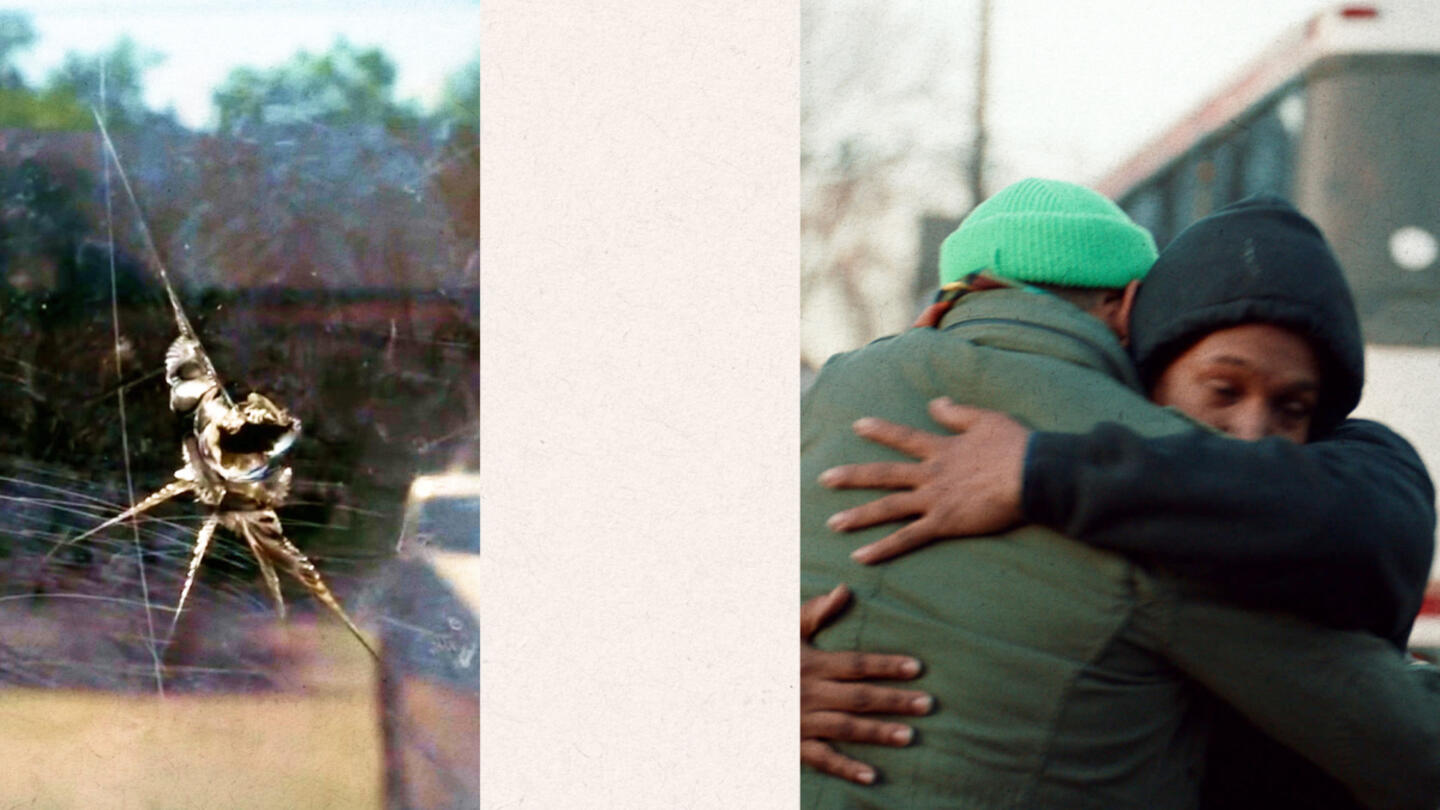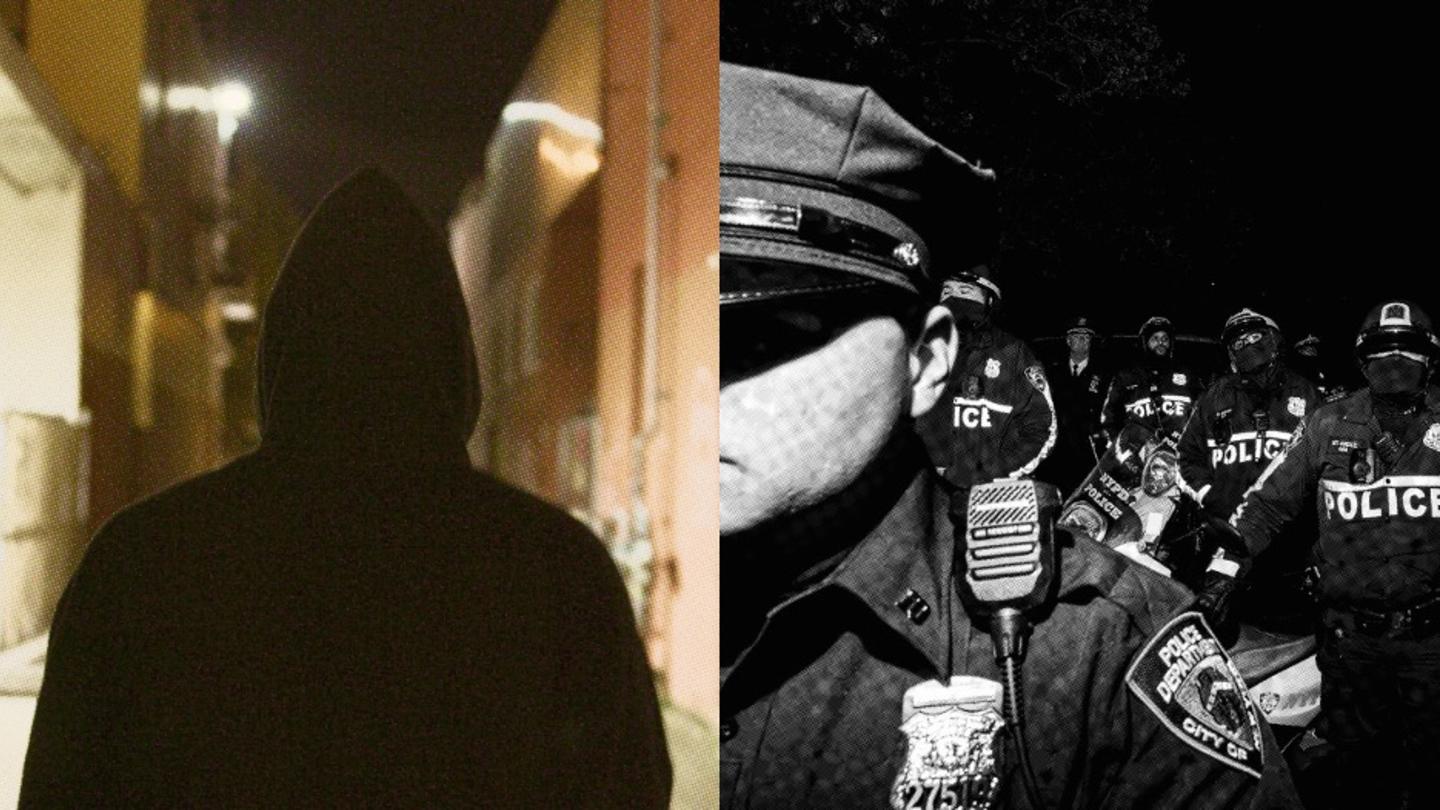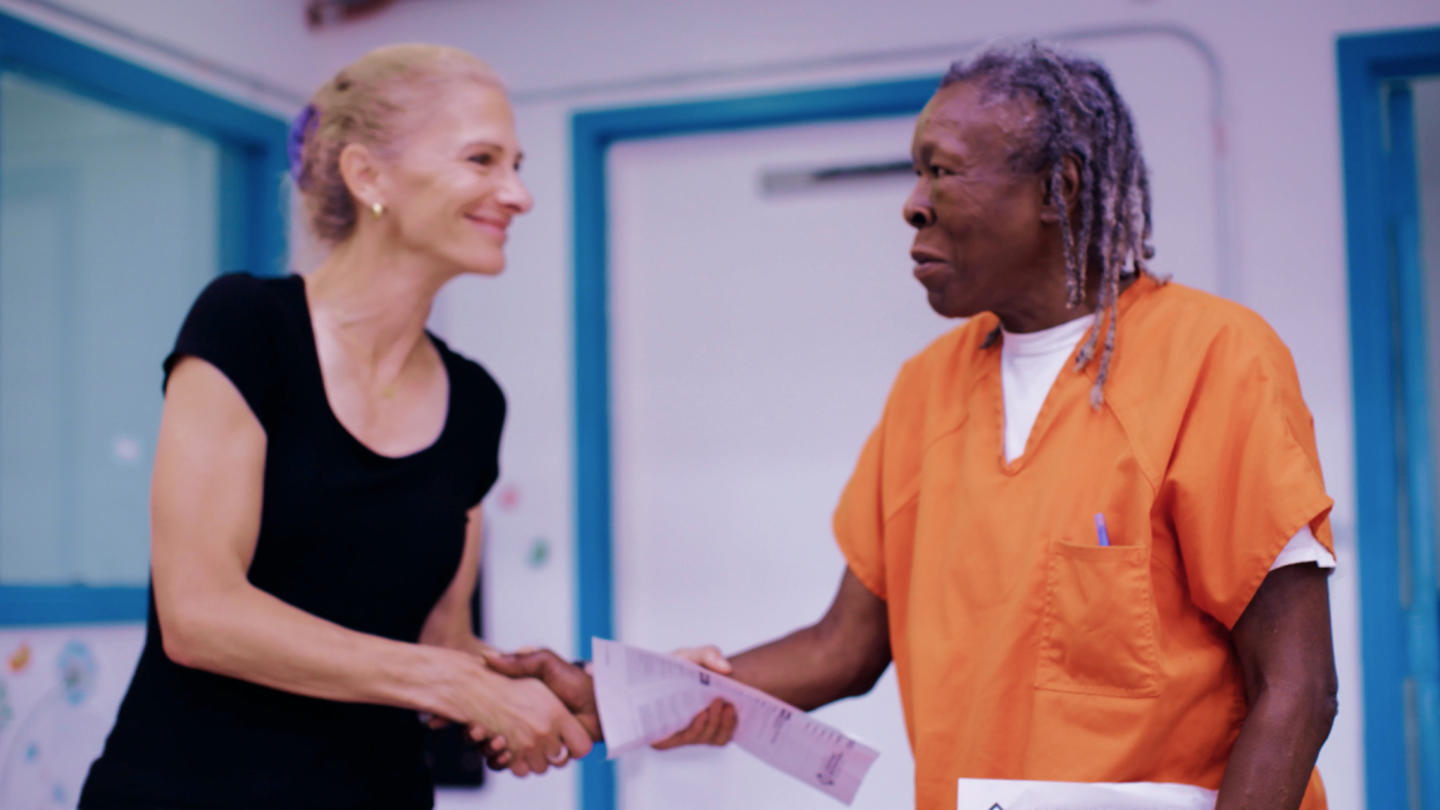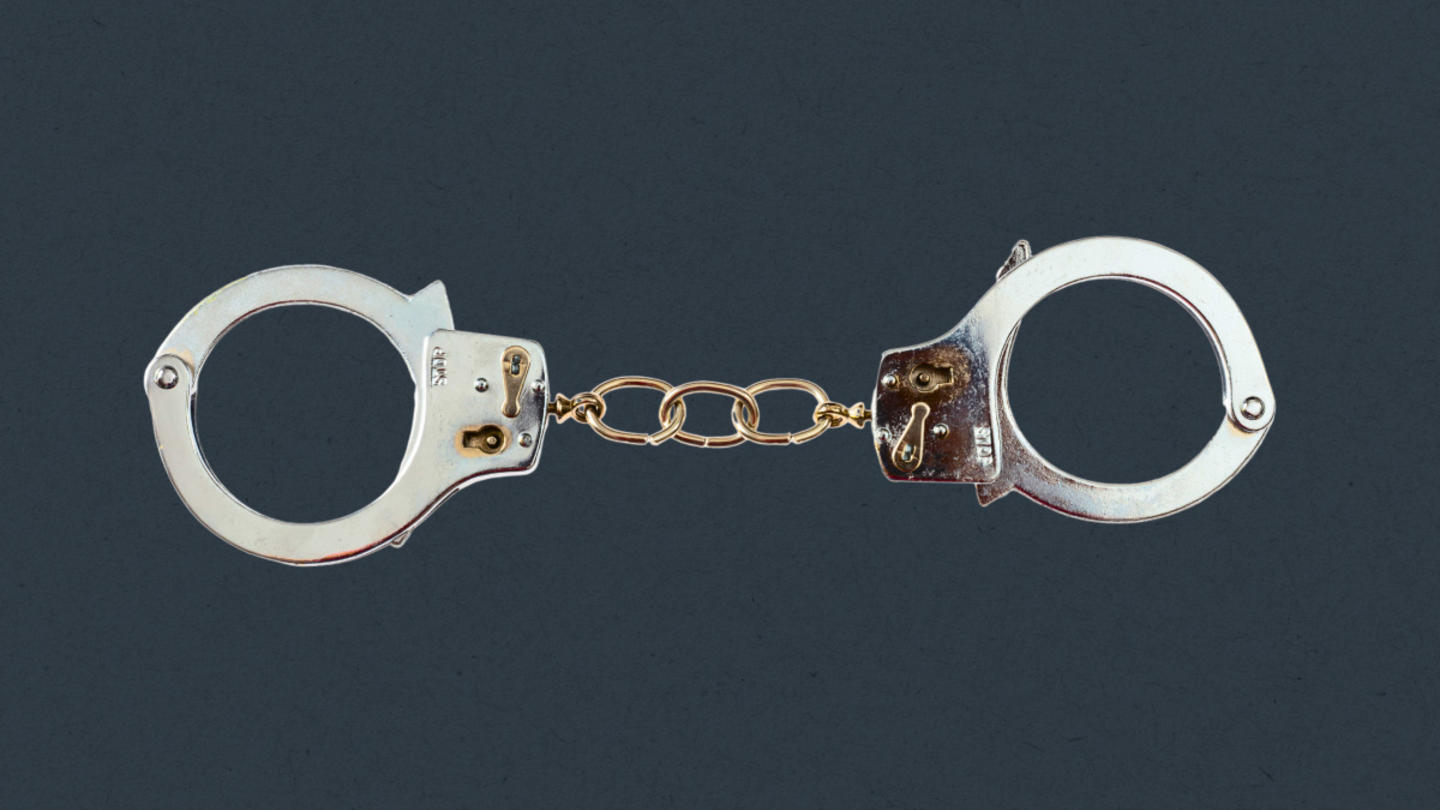It's hard to believe that just one year ago, a bipartisan movement to restore second chances resulted in the passage of the First Step Act.
Not only did this moment represent the culmination of an unprecedented years-long groundswell for reform, but it was also the beginning of the next step – a model for unlikely partnerships that have the potential to transform millions of lives.
After years of focusing on their disagreements, Van Jones and Mark Holden set aside their differences and focused on common ground. It turns out they had a lot in common on criminal justice issues.
They set out to unite a diverse coalition of policymakers and organizations who also shared this common ground. It eventually came to include advocates ranging from Democratic Rep. Hakeem Jeffries and the ACLU to Republican Sen. Mike Lee and the White House, to name just a few.
"We started working together to get other people free," said Jones. "But the reality is, for those of us who worked on this, we got some freedom. We got free to see the country differently—and to do more good."
These partnerships really paid off in 2018, when Congress passed the First Step Act by historic margins—including 87-12 in an otherwise divided U.S. Senate. The once-in-a-generation reform reduced some excessive punishments and expanded access to rehabilitation programs that help people successfully transition back into their communities upon after release.
Criminal justice reforms like the First Step Act have enhanced public safety and reduced crime and recidivism across the country. In Pennsylvania and Utah, lawmakers recently enacted clean slate legislation that has enabled millions of eligible people to have their records expunged. Other states have implemented data-driven prison and sentencing reforms, which have reduced crime while giving people opportunities to improve their lives and their communities.
Our work in criminal justice reform is just one of many examples of what's possible when people work through their differences and unite with others to do the same.
Learn more about Stand Together’s criminal justice efforts and explore ways you can partner with us.
